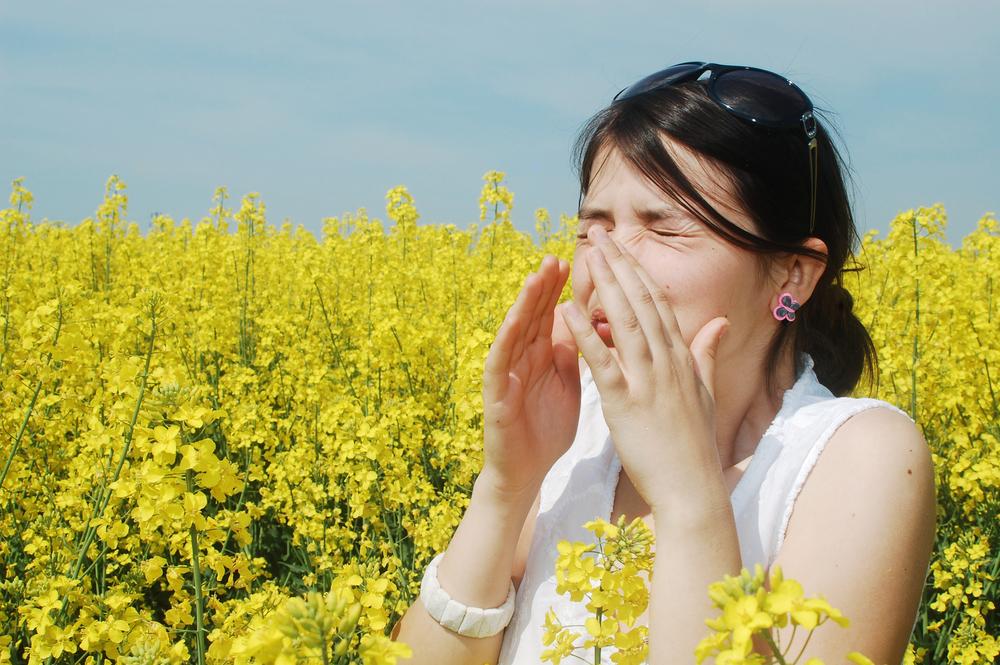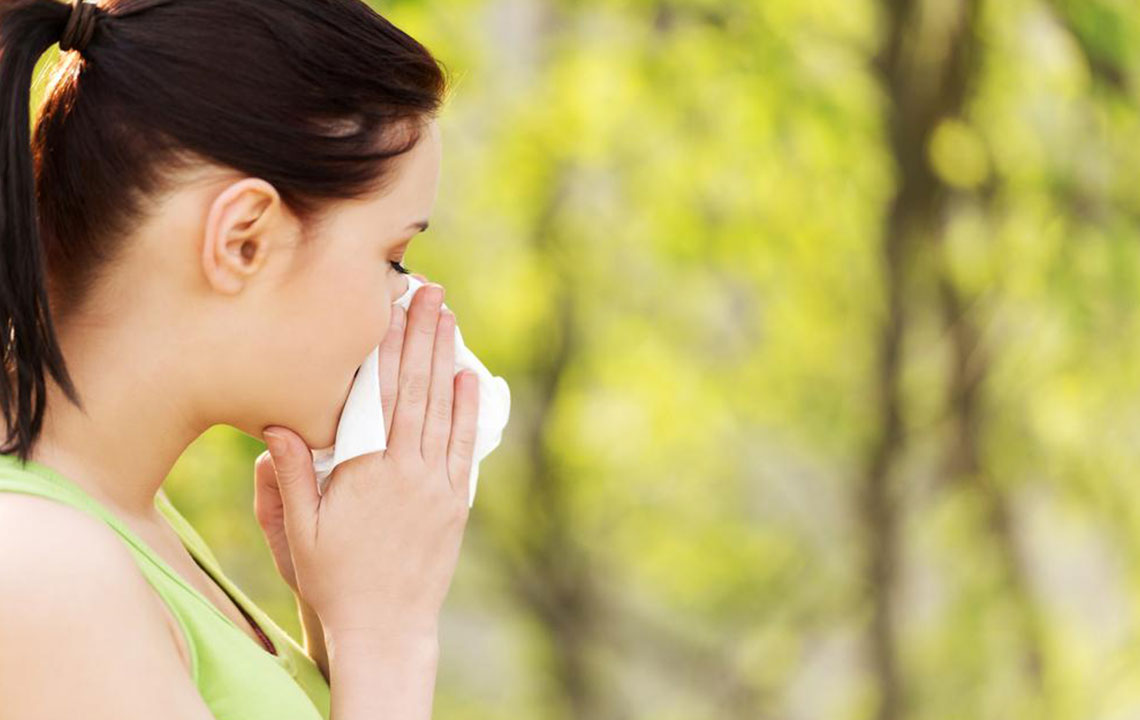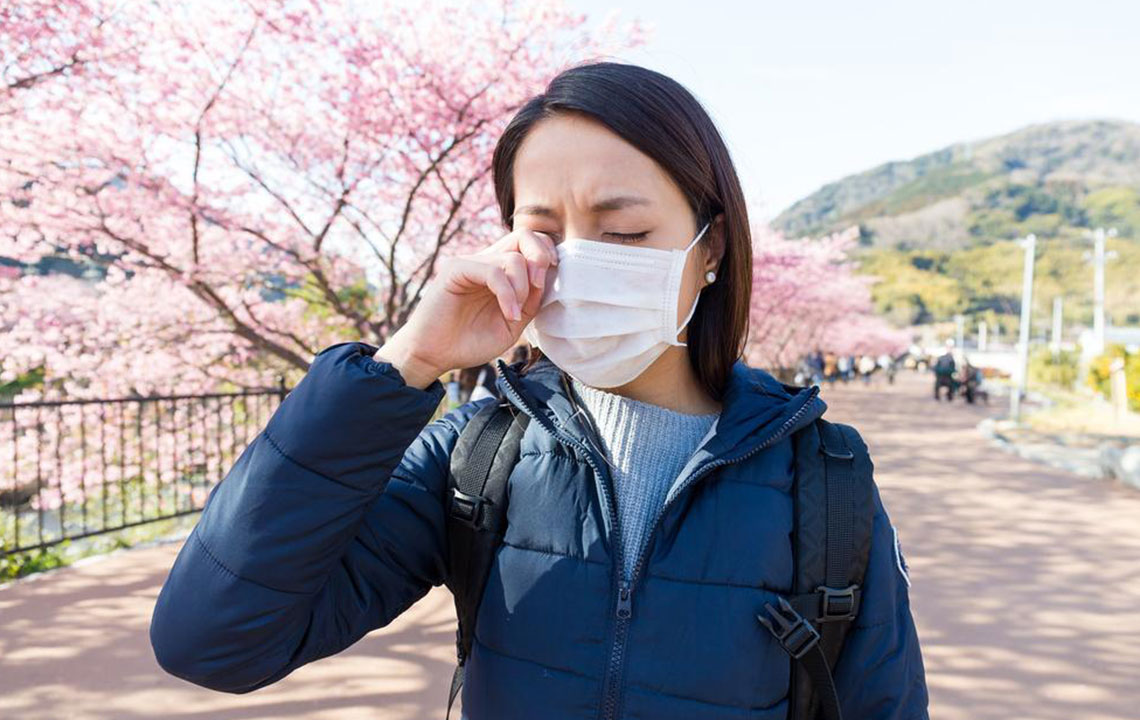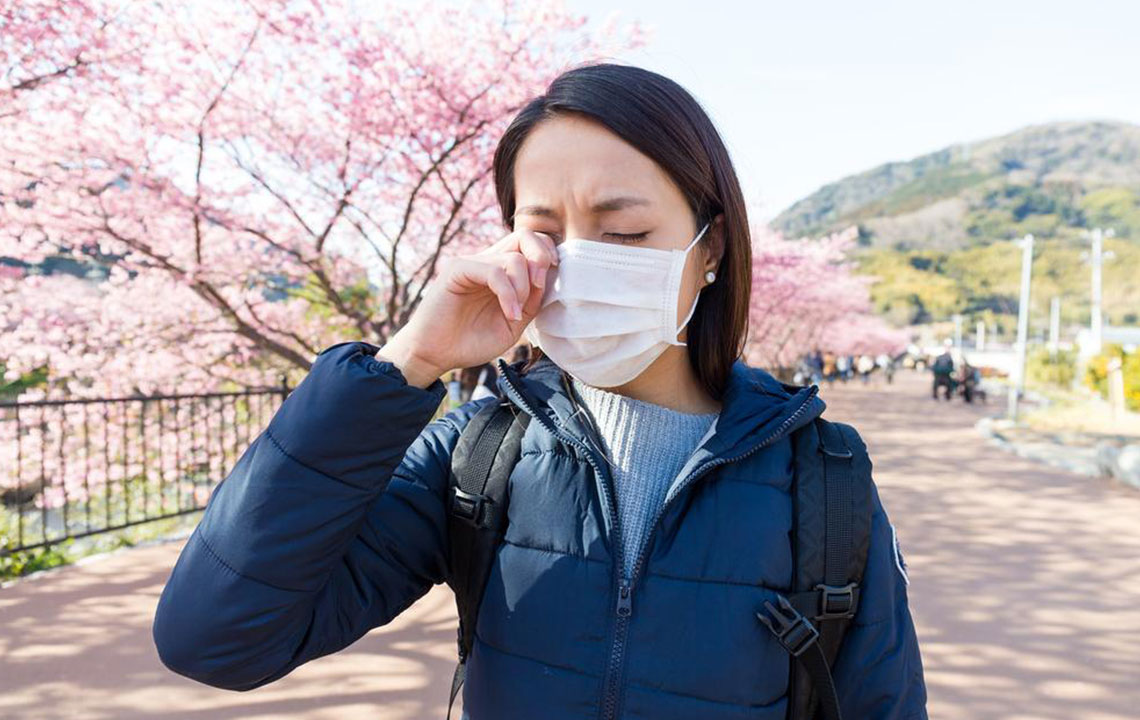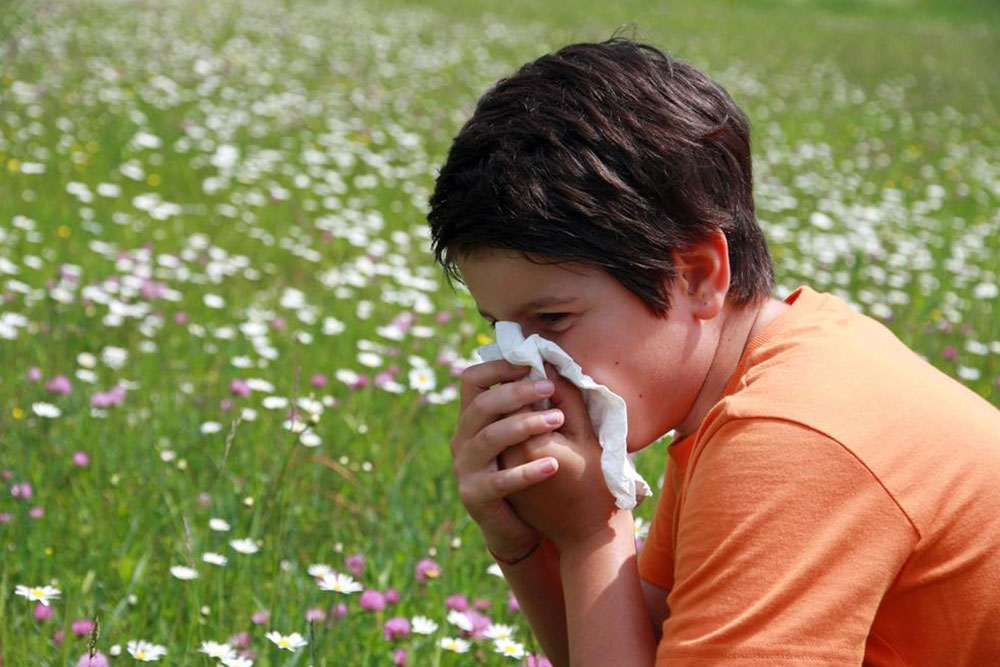Understanding Pollen Allergy Symptoms and How to Manage Them
Learn about the common symptoms of pollen allergies and effective ways to manage and reduce exposure. Discover diagnosis methods and treatment options, including medications and lifestyle tips, to alleviate allergy symptoms and improve quality of life during high pollen seasons.
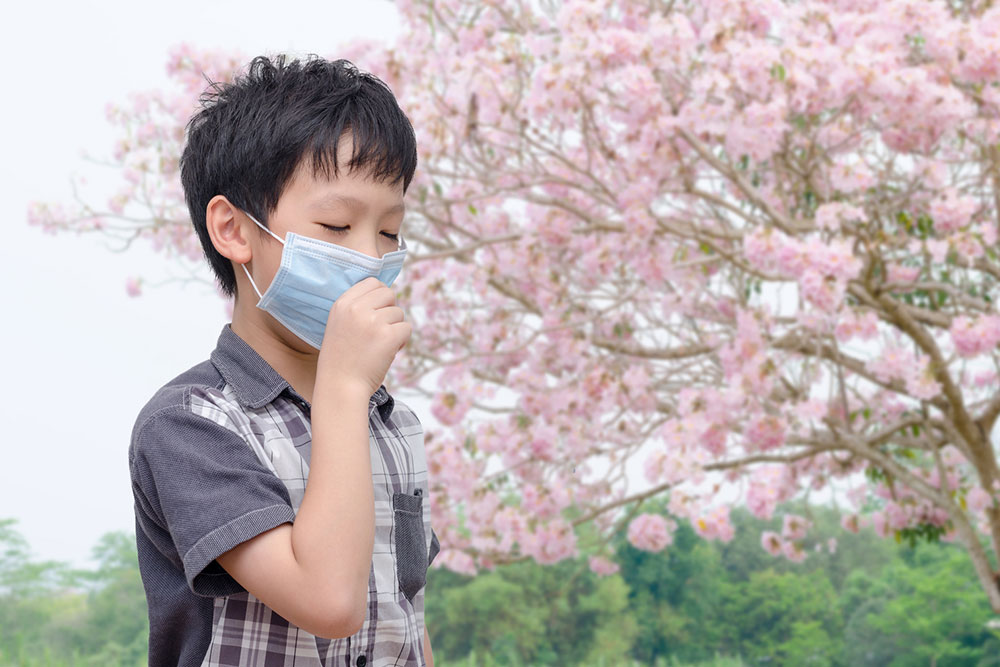
Pollen Allergy Symptoms and Effective Management Strategies
Understanding Pollen Allergy Symptoms
Pollen, a fine yellow powder produced by plants, is dispersed into the air through wind, insects, or animals. Millions of Americans experience allergic reactions due to exposure to this airborne substance. Symptoms typically emerge during seasons when specific pollens are prevalent, such as tree pollens in spring, grass pollens in summer, and ragweed in fall.
Causes and Triggers of Pollen Allergies
The main cause is inhalation of pollen grains from plants like oak, ragweed, and various grasses. These particles are part of plant reproductive cycles and become airborne, leading to allergic responses in sensitive individuals. The immune system reacts by releasing chemicals, resulting in allergy symptoms.
People with existing allergies or respiratory conditions like asthma, or those exposed to dust mites and pet dander, are more prone to pollen allergy symptoms. A family history of allergies increases risk, as does having eczema or atopic dermatitis.
Common signs of pollen allergy include a runny or blocked nose, itchy and watery eyes, sneezing, coughing, and scratchy throat. Some individuals may notice dark circles under their eyes—known as allergic shiners—along with fatigue and irritability.
Diagnosing pollen allergies involves a physical exam and medical history review, possibly supplemented by allergy blood tests to measure allergen levels in the bloodstream.
Treatment options range from OTC antihistamines, decongestants, and nasal sprays to prescription medications like nasal ipratropium and corticosteroids for severe cases. Allergy immunotherapy (allergy shots) and dissolvable oral tablets are also viable options. Nasal rinses help clear allergens and mucus, alleviating symptoms.
To minimize exposure, using HEPA filters in air conditioning units, keeping windows and doors closed during high pollen seasons, and wearing protective gear such as hats and sunglasses outdoors are recommended. Wearing a dust mask during outdoor activities like gardening can further reduce allergen inhalation.

